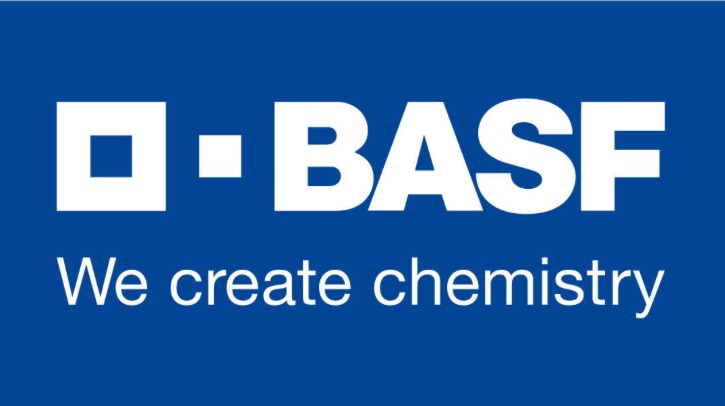BASF has completed the International Sustainability and Carbon Certification (ISCC) Plus certification program at its production site in Lemförde, Germany, to produce biomass-balanced thermoplastic polyurethanes.
The annual recertification according to REDcert has also been successfully completed for numerous thermoplastics and polyurethane systems. These certifications enable BASF to expand its sustainable product portfolio.
BASF says its mass balance approach enables it to support its customers’ sustainability goals through the replacement of fossil resources with renewable raw materials, which provides customers with a product with a lower CO2 footprint.
However, the formulation and quality of the corresponding end products remain unchanged. “With this drop-in solution, our customers receive a product with a reduced CO2 footprint compared to conventional materials, without requiring any technical changes on their part. Reducing the need of fossil resources and greenhouse gas emissions is highly relevant for today’s producers and consumers,” says Artur Pfeif, product management TPU at BASF Performance Materials Europe.
The ISCC Plus certification covers the entire value chain and ensures that the certified share of fossil raw materials is replaced by renewable raw materials.
The European standard REDcert ensures the correct allocation of renewable resources in BASF’s value chain. Both certificates confirm that sustainable biomass has been correctly allocated as a raw material in the chemical production system.
“With this important step, complete transparency regarding high sustainability requirements can be achieved across the entire value chain, also for our customers,” said Eileen Orlich, sustainability management at BASF Performance Materials Europe.



